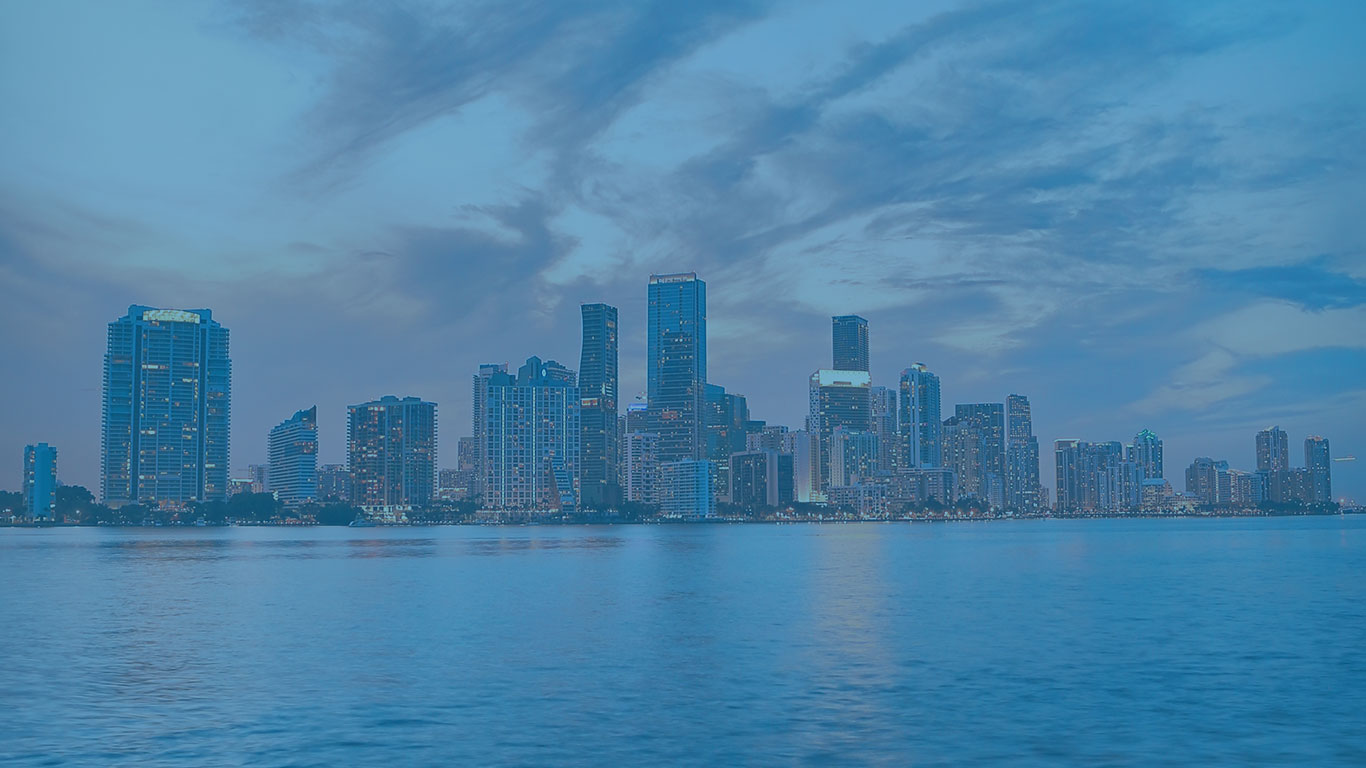

Anyone who has ever had to fight an addiction understands how challenging it can be to break free of the habit. When you're addicted to something, your brain chemistry has been altered, and you can no longer function normally without it. It means, no matter what you’re addicted to, your brain has developed a physical dependence to it. So whatever chemical you are hooked on affects your brain physically. Such dependence usually indicates that a person has developed an addiction that could have negative consequences if the person continues using the substance.
Going through Ambien rehab and other addiction treatment services can help someone recover from their addictions and return to normal life. Perhaps you or a loved one is battling an Ambien addiction. If so, this guide will provide information about Ambien addiction, how to seek help at a rehab treatment facility, and what different types of facilities offer in terms of services. We'll also discuss how to choose the right treatment option for your needs.
Ambien is a sleeping pill used to treat insomnia related to various conditions, including stress, anxiety, and agitation. The sleeping pill contains the active ingredient zolpidem, which influences chemicals in the brain responsible for controlling sleep. Ambien was originally approved for use in the United States in 1992 and has been available as a generic medication since 2003. The drug has been prescribed to many people, including people without insomnia, for various reasons. Unfortunately, the drug is highly addictive and can be harmful if used over an extended period.
There are also short-term effects for short-term Ambien use. These side effects include drowsiness, dizziness, confusion, impaired coordination, hallucinations, and amnesia.
Ambien can cause people to fall asleep suddenly and unexpectedly and experience sleepwalking, which can be dangerous and even lead to death. Others become more sensitive to light, noise, or touch. As a result, driving or using heavy machinery can become unsafe. The Food and Drug Administration (FDA) reported that it discovered 66 cases where patients who had used the medication engaged in risky behaviors like sleepwalking or operating a motor vehicle while not fully awake. These incidents resulted in 20 deaths due to carbon monoxide poisoning, drowning, fatal falls, hypothermia, car accidents, and apparent suicide.
There were 46 reports of severe nonfatal injuries, including overdoses, burns, limb loss due to extreme cold, and self-inflicted gunshot wounds.
Taking Ambien for long periods can make it increasingly difficult to experience the drug's desired outcome, which is to fall asleep. A person who takes Ambien for more than a few weeks may develop insomnia, anxiety, and paranoia. They may also become disoriented.
The long-term side effects of Ambien can also include potential addiction, tolerance, and withdrawal symptoms. Regular Ambien users may become dependent on the medication. They can develop a tolerance to Ambien so they need to take Ambien to feel normal. This can lead to an addiction that is very difficult to break free of. Furthermore, long-term use of Ambien can cause withdrawal symptoms when somebody who is physically dependent on the sleeping pill stops taking it. These withdrawal symptoms can include headaches, nausea, vomiting, muscle cramps, and more.
Ambien addiction can occur for a variety of reasons. Some people become addicted to Ambien because they enjoy the "high" it gives them. Others become addicted because they are trying to self-medicate for a mental health condition such as anxiety or depression, or because they have a family history of addiction or are trying to escape a difficult situation. Other factors contributing to an Ambien addiction include the fact that the drug is extremely habit-forming and can cause tolerance and withdrawal symptoms. Whatever the cause, addiction is a serious problem with potentially disastrous consequences. If you or someone you know is addicted to Ambien, please seek help from a qualified addiction treatment professional.
Tolerance is the process that occurs when someone's body becomes used to the effects of a substance, requiring higher doses of the drug to achieve the same effect. Dependence is when a person develops a psychological need for a substance, while addiction is a chronic, recurrent condition defined by obsessive drug seeking and use despite negative effects. These three aspects of substance abuse are often referred to as being "on a rollercoaster ride" because after someone develops tolerance to a substance, they become dependent on it and experience withdrawal symptoms when they don't have it. Then, they take more of the drug so they can feel normal again, creating a vicious cycle of ongoing drug abuse.
Some people experience withdrawal symptoms when trying to break their addiction to Ambien. Since they are no longer taking the drug, their body is no longer used to it, and they experience the negative effects of withdrawal. Ambien withdrawal symptoms can include headaches, nausea, vomiting, muscle cramps, seizures, and more. People withdrawing from Ambien may experience these symptoms even after taking the drug for relatively short-term treatment, such as a few months. That's because tolerance to Ambien can develop quickly, requiring the person to take a higher dose to feel the same effect.
Different treatment options are available for Ambien addiction, and the best course of action will vary depending on the individual. Seeking help is the first step toward overcoming an addiction. Various treatment choices can assist you in beating addiction and achieving full recovery. Some of these options include behavioral therapy, medication, and support groups. Recovery from addiction is a long process that requires dedication and commitment. Therefore, there is no better time than now to begin the healing process!
Anyone addicted to Ambien should get treatment as soon as possible since the longer they wait, the harder it will be to recover. It is important to seek the help of medical professionals, like those who work at Ambien rehab centers, to withdraw from the drug safely. Because Ambien has a high potential for abuse, most medical detox centers will only treat those with an Ambien addiction under the supervision of a doctor and in a controlled environment.
If you are trying to help a loved one who is struggling with an Ambien addiction, try to understand what they are going through and be compassionate. If they are not yet ready to seek help at a treatment center, do not pressure them or try to force them to go. Instead, tell them you are there for them and willing to provide support whenever they are prepared to get help. You can also help someone with an Ambien addiction by setting up a support system of people they can talk to, like other loved ones or friends who can provide encouragement and support. Another way is to set up a self-help group or online support group to help them feel less alone and isolated.
There are many different types of drug rehabilitation centers, and each offers services for those with various addictions.
Residential treatment programs are ideal for those with severe addictions who need intensive care and round-the-clock attention.
Drug rehabilitation centers that offer outpatient treatment can be a good option for those with milder addictions, who may be able to attend therapy while continuing to work.
Other treatment options include intensive outpatient and partial hospitalization programs, which can provide 24/7 care while allowing people to continue living at home.
If you or someone you love is struggling with an Ambien addiction, it's important to get help as soon as possible. Because of how addicting Ambien is, it can be exceedingly challenging to quit the cycle of addiction without assistance. While many different drug rehab programs and treatment options are available, choose one that is right for your particular situation.
Before starting therapy, it's crucial to have a support structure in place. By learning more about Ambien and its short- and long-term side effects, you can better understand the signs of an Ambien addiction and seek help as soon as possible to increase your quality of life. Need help now? Vita Recovery offers partial hospitalization and intensive outpatient programs at our high-end rehab facility in Miami. We also offer therapy to help families when a loved one suffers from an addiction.
Contact us to learn about our custom treatment options and get started on the journey to recovery.
